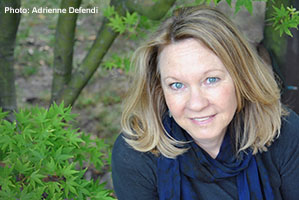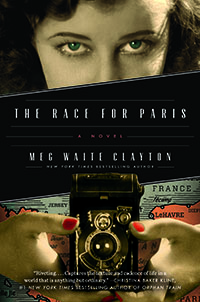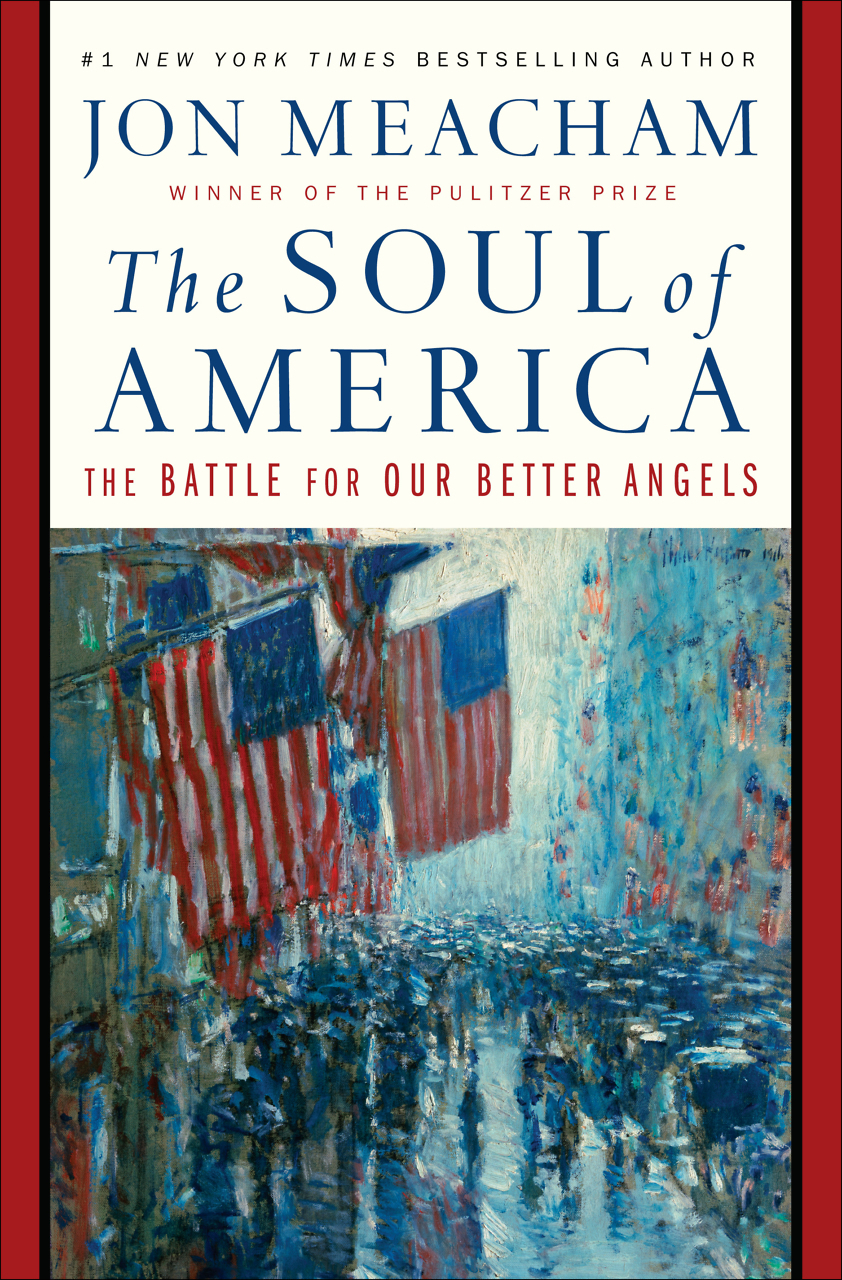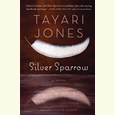No Place for a Woman?
Female war correspondents fight their way to the front lines in Meg Waite Clayton’s new novel
Reporter Jane Tyler and photojournalist Olivia “Liv” Harper want to cover World War II from the front lines. That’s where the action is, and they know that’s where all the great stories and photos will be found. But there’s a large obstacle preventing them from getting to where the shooting is. As one of their male colleagues points out in Meg Waite Clayton’s new historical novel, The Race for Paris, the women aren’t credentialed. “They won’t send your work if they know it’s yours because you aren’t credentialed,” he tells them, “and they won’t credential you because you aren’t men.” Eluding this sexist Catch-22 is the primary goal of Jane and Liv.
 World War II was the big show for everyone involved, and in the summer of 1944 the biggest part of the show was in France. After the Normandy invasion, the free world held its breath as the Allied armies struggled to break out from the beachheads and liberate France. News stories filed from the war zone made their authors famous. Men like Ernie Pyle and Walter Cronkite brought the war to the home-front audience in newspapers illustrated with combat photographs shot by their male colleagues. A handful of women, reporters, and photojournalists who were famous before the war and could throw their figurative weight around were allowed to report from the front, but most female members of the press corps were assigned to rear-echelon units. They got no closer to the shooting than field hospitals.
World War II was the big show for everyone involved, and in the summer of 1944 the biggest part of the show was in France. After the Normandy invasion, the free world held its breath as the Allied armies struggled to break out from the beachheads and liberate France. News stories filed from the war zone made their authors famous. Men like Ernie Pyle and Walter Cronkite brought the war to the home-front audience in newspapers illustrated with combat photographs shot by their male colleagues. A handful of women, reporters, and photojournalists who were famous before the war and could throw their figurative weight around were allowed to report from the front, but most female members of the press corps were assigned to rear-echelon units. They got no closer to the shooting than field hospitals.
Clayton, a former Nashvillian, begins her novel at such a hospital, near enough to the front to hear—and sometimes be bombarded by—enemy artillery. Jane, a skilled and headstrong reporter with the Nashville Banner, meets Liv, an even more headstrong freelance photojournalist, in a muddy tent next to the camp latrine. It is, they feel, an all-too-appropriate location given the lack of respect they are shown by the military and their male employers. As her commanding officer once more rebuffs her attempts to get to the fighting, Liv feels “the creep of fear returning: that she would be left forever approaching this war, that it would end and she would never have gotten to photograph it, much less gotten to Paris.”
 Paris is everyone’s goal that summer of ‘44. The liberation of the City of Light would be a sure sign that the end of the Nazi reign of terror is near. Allied generals jockey for position with the high command, hoping to be assigned the privilege of being the first to enter the city. Reporters try to guess which combat unit will be chosen so they can hitch a ride to the biggest scoop of the war—the first story datelined from a free Paris. For Jane and Liv, like every other correspondent in the European Theater of Operations, trailing into Paris with a hospital unit isn’t an option. They want to win the race.
Paris is everyone’s goal that summer of ‘44. The liberation of the City of Light would be a sure sign that the end of the Nazi reign of terror is near. Allied generals jockey for position with the high command, hoping to be assigned the privilege of being the first to enter the city. Reporters try to guess which combat unit will be chosen so they can hitch a ride to the biggest scoop of the war—the first story datelined from a free Paris. For Jane and Liv, like every other correspondent in the European Theater of Operations, trailing into Paris with a hospital unit isn’t an option. They want to win the race.
Clayton, whose previous books include bestsellers like The Language of Light and The Wednesday Sisters, has clearly done her research. Each chapter of The Race for Paris begins with quotations from actual correspondents who covered the war, both male and female. And she has captured the details of life in a combat zone, from the weight of a gun to the pain of wounds both physical and emotional. “I hadn’t tried to stop even a single soldier back there,” Jane muses as she watches the armies clash. “I might have saved a life or two or twenty, two hundred. But I stood silent, stewing in the satisfaction of seeing Germans dying after all the Allied dead we’d seen. Or not satisfaction, but something uglier, some filthy part of me I hadn’t known before.”
A feeling of life lived on the edge permeates The Race for Paris. Both Jane and Liv are forced to confront not only the war but their own pasts and—thanks to a British intelligence officer who assists them and who becomes a central character in the novel—their futures as well. Before the summer is over, Jane and Liv have experienced love and death, cruelty and compassion, success and failure beyond all their expectations. As real-life photojournalist Dickey Chapelle observed, a war zone “is not a woman’s place. There’s no question about it. There’s only one other species on earth for whom a war zone is no place, and that’s men.”

A Michigan native, Chris Scott is an unrepentant Yankee who arrived in Nashville more than twenty-five years ago and has gradually adapted to Southern ways. He is a geologist by profession and an historian by avocation.


